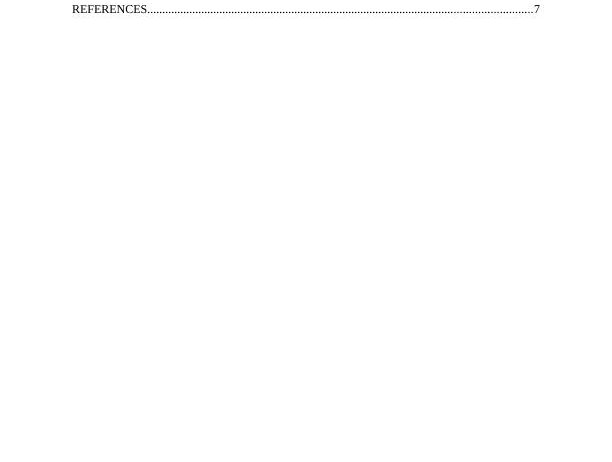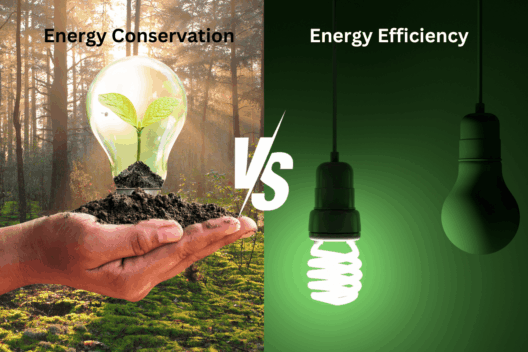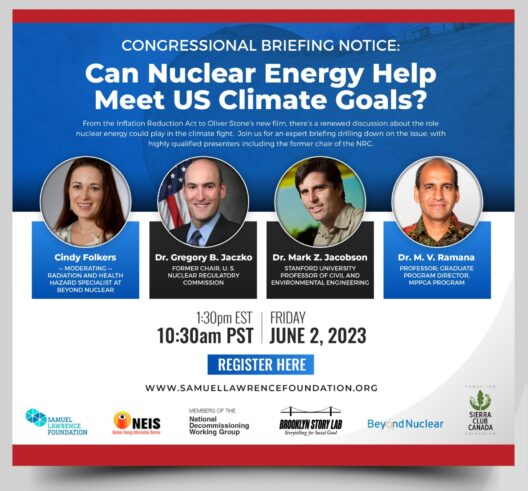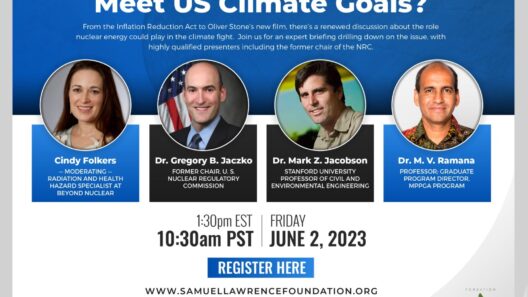In an era marked by the definitive impacts of climate change, the dynamics surrounding pollution reveal a complex tapestry woven from political maneuvering, economic interests, and the overarching concern for environmental sustainability. As we navigate through a landscape littered with industrial emissions and toxic waste, one cannot help but wonder: how can the interests of a few overshadow the urgent needs of the many? This question uncovers an essential dialogue about the politics of pollution, particularly how the vested interests of corporations and governments contribute to the escalating crisis of global warming.
The intersection of politics and pollution is not merely coincidental. It is a product of intricate relationships that bind economic aspirations to legislative frameworks. Power dynamics come into play as entities pursue profit, often neglecting ecological ramifications. Historically, industries have leveraged their financial clout to shape political choices, often resulting in lax environmental regulations that prioritize profit margins above planetary health. Central to this discussion is the doctrine of conflict of interest: a scenario where personal or corporate interests clash with ethical duties to protect the environment.
To illustrate this, one need only examine the fossil fuel sector, a linchpin of economic activity yet a notorious contributor to greenhouse gas emissions. Political affiliations and funding channels create a breeding ground for regulatory capture, whereby political leaders prioritize corporate welfare over environmental policies. This symbiosis impedes substantive policy advancements and fuels a cycle of environmental degradation. Even as recent scientific reports underscore the urgent need for climate action, we continue to witness fossil fuel subsidies being enshrined in government budgets—marking a glaring contradiction in the quest for sustainability.
Additionally, the situational ethics governing pollution are profoundly influenced by socioeconomic factors. Communities already marginalized often bear the brunt of environmental degradation, perpetuating a cycle of inequality. The conflation of economic status with environmental health poses a significant challenge as vulnerable populations are disproportionately affected by pollution, which in turn affects their quality of life. This reality emphasizes the necessity for an allied approach, wherein policies are crafted not just in consideration of economic gain, but with a keen eye towards the equitable distribution of environmental resources.
One might argue that the advancements in renewable energy represent a beacon of hope within this convoluted framework. However, transitioning to cleaner alternatives is rife with political hurdles often inherent in the fossil fuel narrative. Conventional energy players, recognizing the existential threat that renewable technologies pose to their profits, lobby aggressively against progressive climate legislation. Their influence is palpable, as seen in political discourse fraught with misinformation and skepticism surrounding climate science. This scenario raises an imperative question: How can we mobilize public sentiment to demand transparent policymaking that recognizes and mitigates conflicts of interest?
The legislative landscape concerning pollution is marked by challenges that extend beyond mere policy formulation. Public awareness and engagement are paramount to instigate meaningful change. Education plays a pivotal role in elevating discourse, catalyzing action, and fostering a collective consciousness that holds political figures accountable for their environmental promises. Moreover, grassroots movements possess the potential to influence policy by amplifying the voices of those often drowned out in political conversations—underscoring the need for inclusive dialogue that prioritizes ecological integrity.
A notable challenge surfaces when technologies aimed at reducing emissions promise economic competence while inadvertently leading to policy complacency. The thinking that clean technology alone can rectify pollution often negates the necessity of robust regulation. The emergence of ‘greenwashing’—where companies portray themselves as environmentally friendly while their operations remain fundamentally destructive—further complicates the narrative. This deceit reflects a disconcerting trend where consumer choice is manipulated, limiting the efficacy of the very movements poised to combat global warming.
As we probe deeper into the implications of pollution politics, the role of international relations emerges as another critical dimension. Globalization has interconnected economies and environmental fates, but it has also resulted in a convoluted regulatory environment. Nations often engage in a race to the bottom, underselling environmental protections to attract foreign investment. The ensuing competition creates a paradox where the pursuit of economic growth directly strains planetary boundaries. In such a climate, how can we foster international collaboration that prioritizes ecological stability over economic opportunism?
The way forward lies in comprehensive strategies that merge environmental stewardship with ethical governance. It is crucial to establish frameworks that minimize the possibilities of conflict of interest, demanding transparency and accountability from both public officials and corporate entities. Stricter regulations should encompass not only emissions limits but also punitive measures for industries that sidestep their responsibilities. Furthermore, incentivizing sustainable practices through tax reforms or grants may catalyze genuine commitment to reducing pollution emanating from mass production.
The question of pollution as a political tool calls for an aggressive reevaluation of priorities. Collective advocacy is essential in destabilizing entrenched interests that stymie progress. Once the populace acknowledges the correlation between their political choices and environmental health, a transformative shift can occur. The ultimate challenge involves navigating the tensions that characterize this relationship while prioritizing ecological well-being. The urgency for action is clear: the time to address the politics of pollution is now, as our collective future depends on decisive and informed action.
In essence, the interplay between conflict of interest and pollution is a critical juncture in our fight against global warming. As the world grapples with the implications of its actions, the onus falls upon individuals, communities, and policymakers alike to forge a path that encompasses equitable sustainability in the face of conflicting interests.








